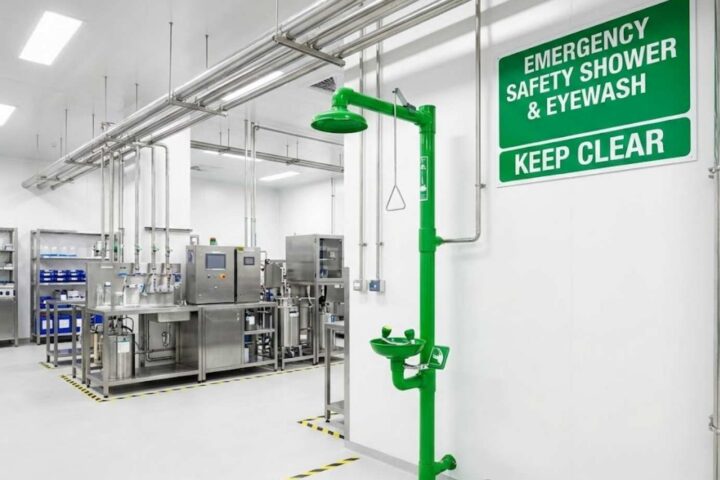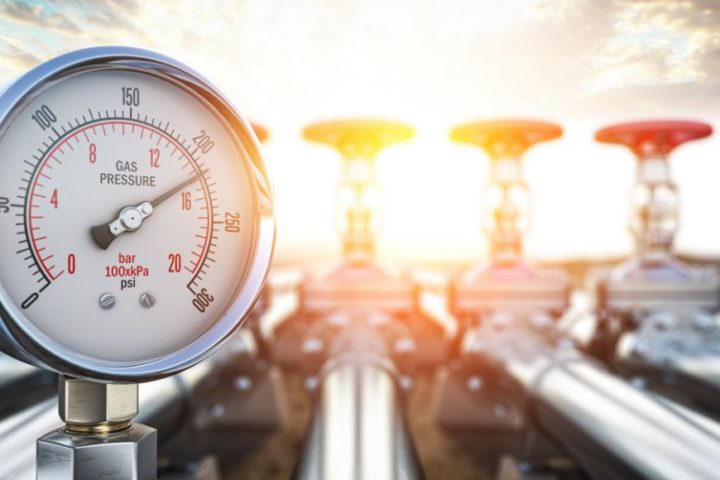When your business constructs an industrial pipeline, it’s meant to last a long time. However, if you don’t take care of it, it can experience issues—such as leaks or corrosion—that may hurt your operations. You can avoid these issues by following five tips for maintaining industrial pipelines.
Perform Hydrostatic Testing
One strategy to ensure your pipes are strong enough for transporting fluids is to perform hydrostatic testing. Start by filling the pipes with water so that they experience more pressure than usual. If the pipeline can hold the water without leaking or breaking, it will have passed the test.
Look for Corrosion
Inspecting for corrosion is another good way to maintain your industrial pipelines. As you examine them, look for any signs of rust so that you can perform necessary repairs and avoid a disastrous leak or line break.
Clean Them Regularly
Knowing how to clean industrial pipelines can be very handy for maintaining your system. Your pipes can become clogged with substances over time. If you use cleaning methods to remove the debris thoroughly, you can prevent issues within the piping system.
Keep a Detailed Record of Your Pipeline
Creating a record is another good tip for maintaining an industrial pipeline. Your documents should list when you installed the pipeline and the repairs your company has performed over the years. Your records will help you diagnose any issues with the pipeline and decide when it might be time for replacements.
Install Flow Sensors
Adding flow sensors to your pipes is another way to avoid issues. The sensors allow you to spot or anticipate issues before they worsen. By installing devices that will give you an early warning about potential problems, you save yourself costly repairs down the road.
Following these tips will keep your pipeline system in great condition. Then, you can avoid incidents and get more out of your investment in the pipes.








